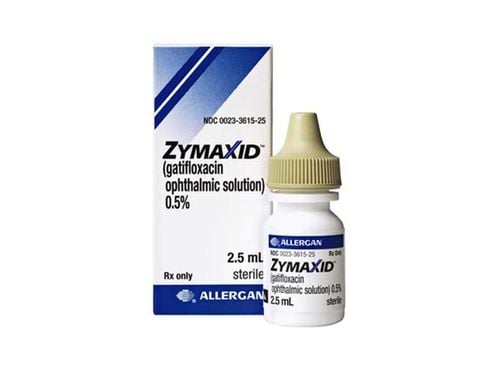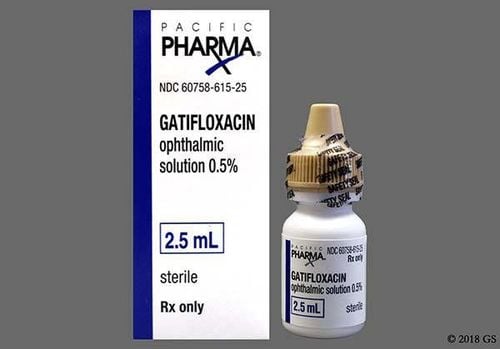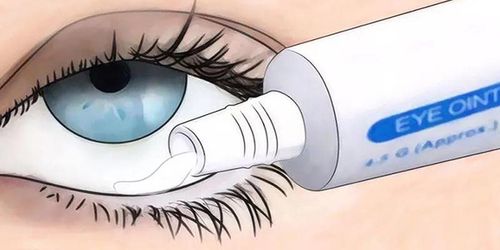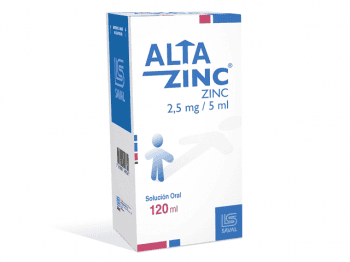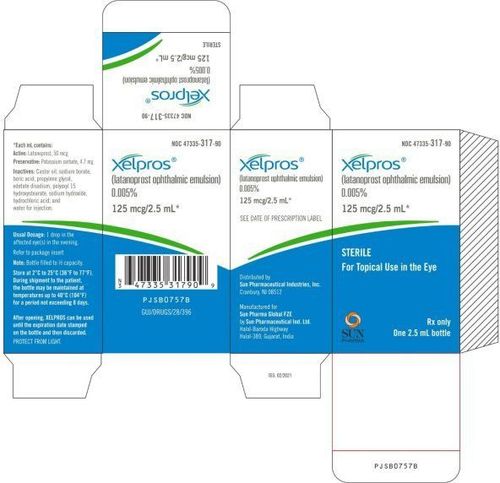This is an automatically translated article.
The months from May to July are the hottest, so heat waves are a common problem, affecting many people and causing various health problems. Excessive heat, pollination, pollution, harmful UV rays, etc. to which we are all exposed during the peak summer months can seriously affect our health and a common problem that often arises from conjunctivitis.
1. What is conjunctivitis? (Pinkeye)
Conjunctivitis commonly known as "pink eye," is an inflammation (redness) of the conjunctiva, the clear tissue that lines the inner surface of the eyelid and the outer covering of the eye. This tissue helps keep your eyelids and eyeballs moist. Conjunctivitis can occur in one or both eyes. Pink eye that occurs in both eyes tends to be caused by a virus.
2. Is conjunctivitis contagious?
Conjunctivitis during the hot season caused by bacteria or viruses is very contagious from person to person (contagious). With bacterial conjunctivitis, spread occurs when symptoms are present for 24 to 48 hours. If you have viral conjunctivitis you can spread it for as long as you have symptoms and even before you develop symptoms. This can happen in a few days.
3. Risk factors for conjunctivitis of the eye
The proliferation of dust and the pollination of green plants greatly affects the eyes, as they are completely naked and, therefore, exposed to dirt and pollution around them. Dust mites also thrive in numbers during the summer. Their residues can be airborne and cause allergic reactions in the eyes. This can cause itching, redness, and a burning sensation.
Ultraviolet rays are known to be very harmful to humans. They also affect the eyes in a number of ways. These UV rays can lead to the formation of pterygium (a layer) on the surface of the eye, cataracts, retinal problems.
One of the main ways eye infections are spread is conjunctivitis. Summer conjunctivitis can be spread if a person comes into contact with someone who has this infection. This usually happens in the summer because people swim and come into contact with people with conjunctivitis and, therefore, have a greater chance of spreading it.
The possibility of infections spreading during the summer is higher, and therefore contact lens wearers are more susceptible to them, as they need to be cleaned regularly. Exposure to extreme heat also makes the eyes susceptible to many diseases. Due to exposure to all types of microorganisms including bacteria, styes also become very common during these months.
4. How to prevent summer eye conjunctivitis
It is especially difficult to avoid an eye infection in a very hot country like Vietnam, and that is why doctors recommend that people take proper care of their eyes because of a long known fact that prevention disease than cure.
There are different ways to protect your eyes from unwanted problems in the form of allergies and infections. Here are some ways people can protect their eyes during these hot months and prevent their problems:
To avoid conjunctivitis wear sunglasses when outdoors, avoid touching or rub your eyes, wash your eyes often with cold water, wear swimming goggles, and make sure that the pool you are using is in good repair.
Keep the cap clean if you have recurrent styes. Rub eyelids with diluted baby shampoo on cotton swabs, once a week to remove styes, or use warm compresses, topical and oral antibiotics under medical supervision. Recurrent stye is also associated with uncorrected refractive error and muscle weakness.
Itchy and red eyes with a burning sensation are also common. Regular eye washing, cold compresses, protective eyewear and eye drops under the supervision of an ophthalmologist will help control the situation.
Harmful UV rays damage the lens (cataract) and retina (macular degeneration) and can be avoided by using appropriate UV protective sunglasses. Sunglasses must be labeled to block 99% to 100% of UVA or UV400 rays (400 nm is the wavelength of UVA radiation). Wrap-around sunglasses are a good choice, as they prevent outside exposure. Bad quality eyeglasses; So invest in good quality eyeglasses. Polarized lenses are recommended for activities such as skiing, surfing, and diving. Polycarbonate lenses are impact and shatter resistant making them a very good choice for kids.
Daily contact lens cleaning should be adhered to, do not wear contact lenses for more than the recommended time, and dispose of lenses within the specified time limit. Do not wear contact lenses while swimming. Wearing swimming goggles protects your eyes from bacteria in the water and chemicals in the pool.
5. Do's and Don'ts to protect your eyes
5.1. Do's to protect eyes A person must wash their hands with soap and sanitizer twice a day. People should isolate themselves from people who are infected and should not share beds or wear clothes with someone with conjunctivitis. Swimming without goggles should be avoided, and cleaned regularly. To wipe the eyes, it is essential to use a clean tissue and properly remove it. 5.2. What not to do to protect eyes People with conjunctivitis should avoid public places, do not shake hands, share clothes. Do not bring your hands near your eyes and do not rub your eyes if your hands are not clean. Do not wear contact lenses if you have pink eye. Do not share Eye drops can cause cross-contamination. Do not use steroid eye drops
Please dial HOTLINE for more information or register for an appointment HERE. Download MyVinmec app to make appointments faster and to manage your bookings easily.




